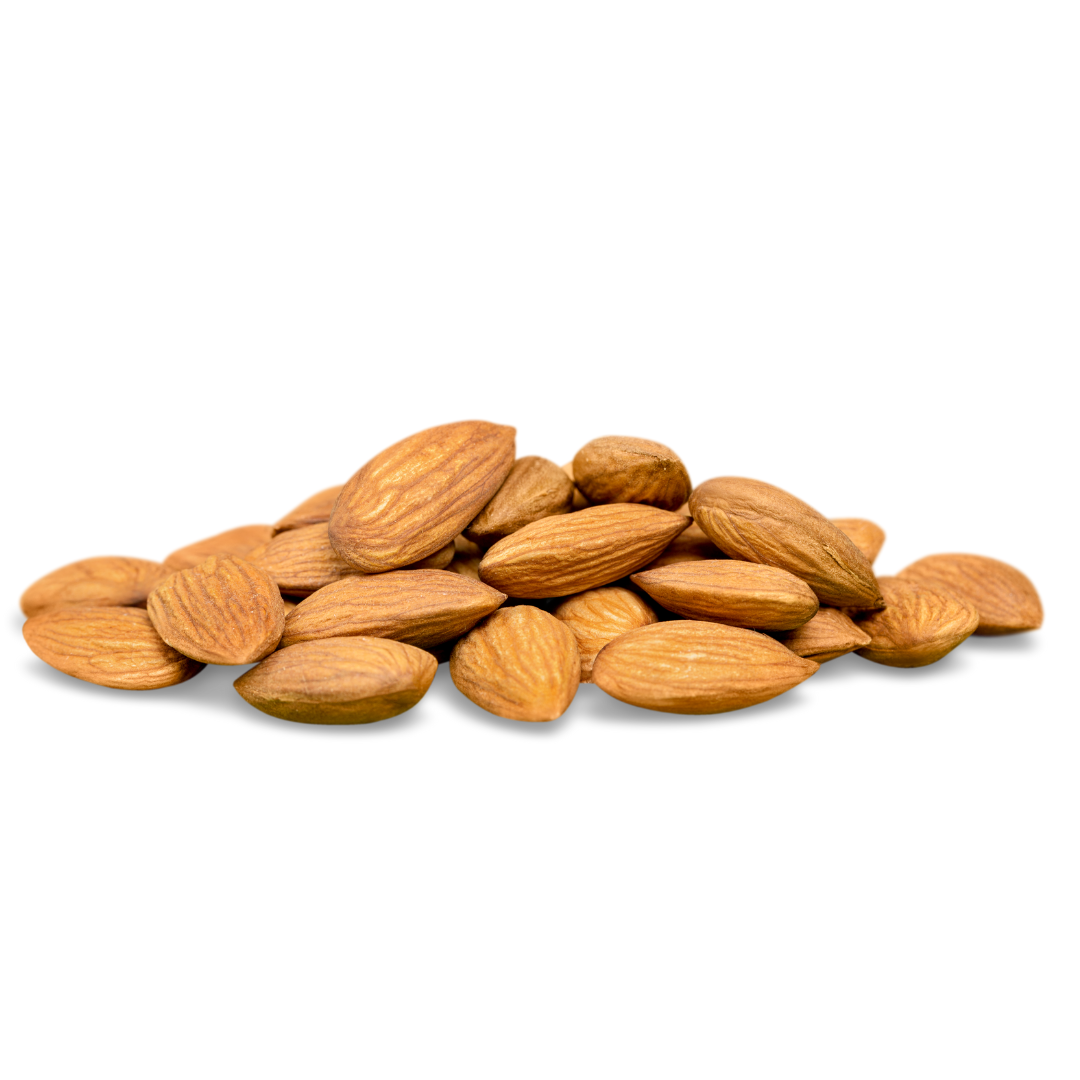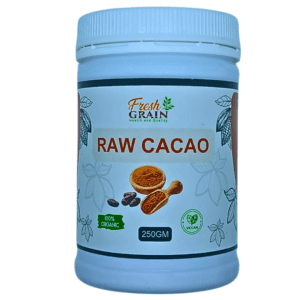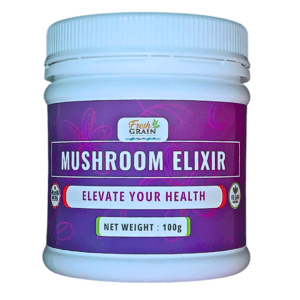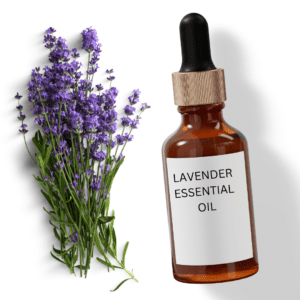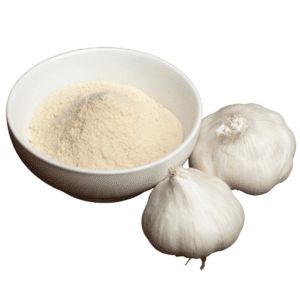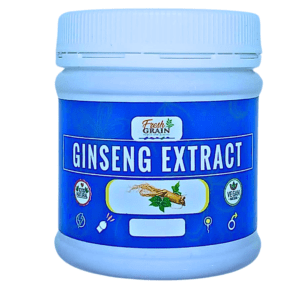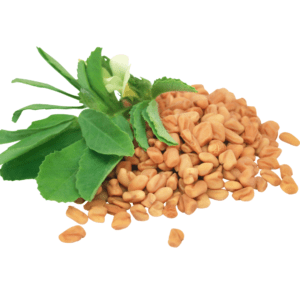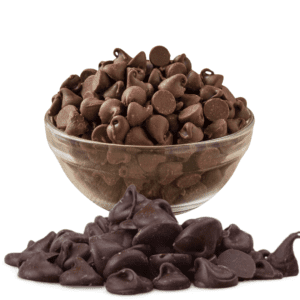Almonds are rich in wholesome fats, fiber, protein, magnesium, and vitamin E.
The health benefits of almonds include a reduction in blood sugar, blood pressure, and cholesterol levels. Additionally, they can reduce hunger and promote weight loss.
Almonds are as close to a perfect food as it is possible to get.
Here’s a breakdown of the nutritional content of almonds per 100 grams:
- Calories: 576 kcal
- Protein: 21.2 g
- Fat: 49.4 g
- Saturated Fat: 3.7 g
- Monounsaturated Fat: 30.9 g
- Polyunsaturated Fat: 12.3 g
- Carbohydrates: 21.7 g
- Dietary Fiber: 12.5 g
- Sugars: 3.9 g
- Vitamins and Minerals:
- Vitamin E: 25.6 mg (127% DV)
- Calcium: 264 mg (26% DV)
- Magnesium: 268 mg (67% DV)
- Phosphorus: 484 mg (48% DV)
- Zinc: 3.1 mg (21% DV)
- Copper: 1.0 mg (50% DV)
- Manganese: 2.3 mg (114% DV)
Almonds are particularly known for being an excellent source of healthy monounsaturated fats, which can contribute to heart health. They are also high in vitamin E, an antioxidant that plays a role in skin health and immune function. Almonds provide a good amount of protein, fiber, and essential minerals like magnesium and phosphorus.
How to Use Almonds:
- Snacking:
- Enjoy a handful of raw or roasted almonds as a healthy and satisfying snack.
- Mix almonds with other nuts and dried fruits for a homemade trail mix.
- Smoothies:
- Add a tablespoon of almond butter or a handful of almonds to your smoothies for a creamy texture and added nutrition.
- Nut Butter:
- Spread almond butter on whole grain toast, crackers, or use it as a dip for fruits like apple slices or banana.
- Oatmeal and Cereal:
- Sprinkle sliced almonds on your morning oatmeal or cereal for added crunch and nutrition.
- Salads:
- Toss sliced or slivered almonds into salads to enhance texture and provide a nutty flavor.
- Yogurt Parfait:
- Create a delicious yogurt parfait by layering yogurt with almonds, granola, and fresh fruits.
- Baking:
- Incorporate almond flour or almond meal into your baking recipes for a gluten-free and nutrient-rich alternative.
- Almond Milk:
- Use almond milk as a dairy-free alternative in cereals, smoothies, and coffee.
- Vegetable Dishes:
- Add sliced or chopped almonds to vegetable stir-fries or roasted vegetable dishes for added flavor and nutrition.
- Energy Bars and Balls:
- Make homemade energy bars or energy balls with almonds, dates, and other nutritious ingredients.
Remember that while almonds are nutrient-rich, they are also calorie-dense, so portion control is essential. Including a variety of nuts and seeds in your diet can contribute to a balanced and nutritious eating pattern. If you have allergies or specific dietary concerns, it’s advisable to consult with a healthcare professional or a nutritionist for personalized advice.

